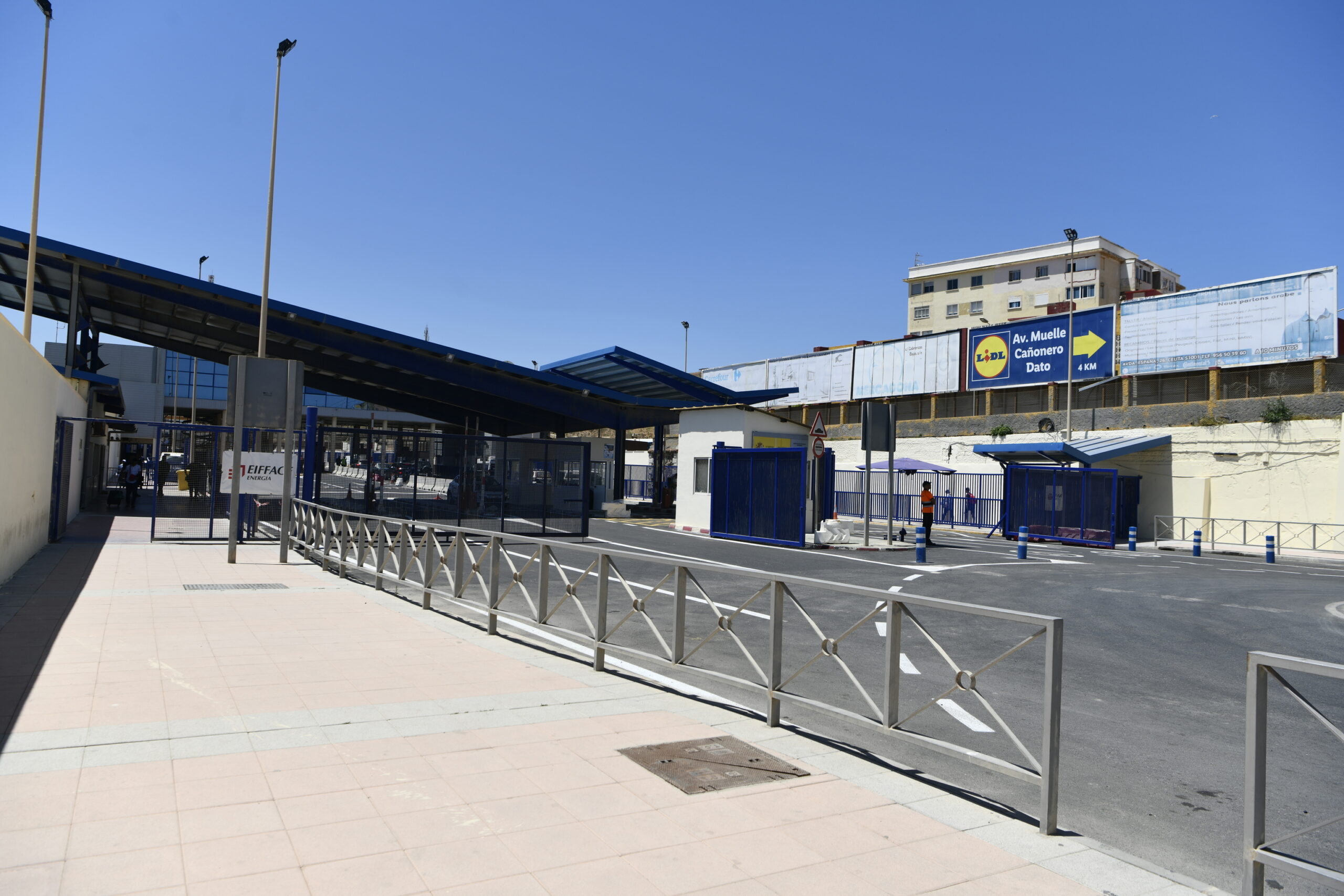From 00:00 hours on May 31, the second phase of the opening of the border in Ceuta is underway, a “gradual and orderly” opening, agreed by Spain and Morocco. Around 150 cross-border workers were expected to be able to access Ceuta with the special visa that enables them to enter. Before the unilateral closure of the border sponsored by Morocco in March 2020, there were around 2,000 Moroccan people from Tetouan with cross-border permits in force. Most of them are women who work in homes as domestic workers or caregivers of dependents and children.
Once the border has been opened to cross-border transit, the Government of Spain, through the Secretary of State for Migration, has issued an instruction so that these people who lost their jobs renew their permits. This regulation allows you not to start from scratch with a new application to hire a person from Morocco.
As of today, some 150 people can cross into Ceuta to work. Either because they already have a Foreigner Identification Card (TIE) or because they have the special visa to be able to issue the TIE card that allows them to transit to Ceuta. The special visa allows them to stay in Ceuta for just one day, and is designed for these people to issue their card at the Immigration Office.
The new conditions agreed by the two countries to control the border system will no longer allow people who came to Ceuta to work without a contract, simply with a passport from the province of Tetuán, to re-enter the city.
This new condition has created discomfort among many people who share family ties with residents of Ceuta and who cannot cross into the autonomous city to visit their relatives or to visit the city. It is a consequence of the end of the exception to the Schengen treaty, a condition demanded from the regional government chaired by Juan Vivas.
The permit for cross-border workers is regulated in the Immigration Law and its regulations. This type of permit does not give access to unemployment benefits, your pension is much lower than those quoted in Spain. They must also pay 25% income tax for non-residents. On the other hand, it is no less true that the salaries they receive (based on the SMI) are much higher than those on the other side of the border (they earn the same as a Moroccan professional with a university degree).
The undocumented people who remained in Ceuta, not trapped because there were brokers, but because they preferred to keep their jobs to support their families, must now return to Morocco to regularize their documentation and permit.
This Tuesday 31, when the second phase of “staggered” opening committed by the Moroccan and Spanish governments has been established, no person with permission has crossed the border into the autonomous city. Many of the people who crossed first thing in the morning did so for other purposes, from medical visits to bank procedures or simply to be able to catch a ferry on the way to the peninsula.
The requirements that are demanded in this second phase of the reopening have left almost all cross-border workers out of the game.
The border unit of the National Police was ready to receive cross-border workers. “They told us to be here soon, that from seven o’clock they would start arriving and so far no one has passed,” says an agent.
On the other side, hundreds of people, without their documents in order, tried to access the Moroccan border facilities but the police forced them to turn around and they remained concentrated in the roundabout of the Ibis Hotel in the neighboring city of Fnideq (Castillejos). in the vicinity of the Bab Septa pass.
Conforms to The Trust Project criteria
















